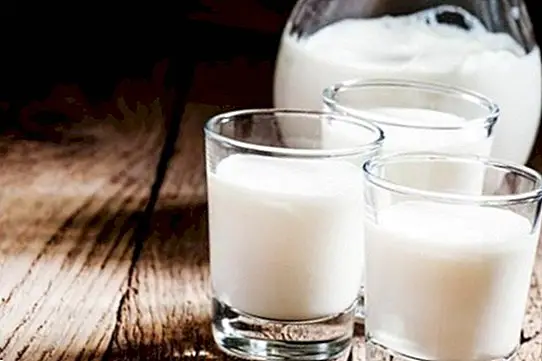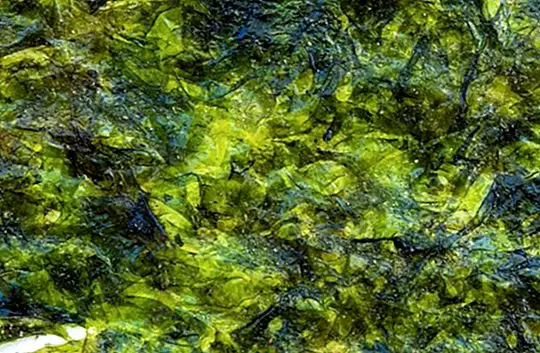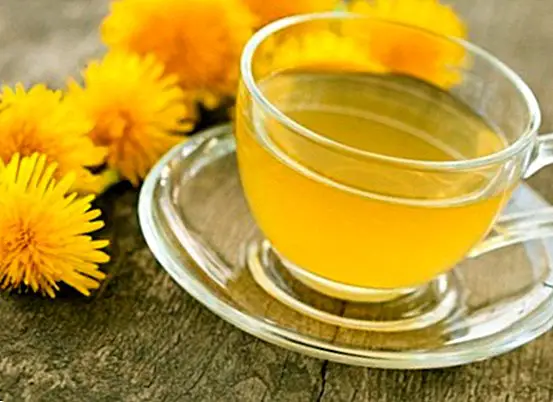Goat milk: benefits and properties of a very complete dairy
The goat's milk It has become little by little a natural drink whose consumption has increased in recent years in our country. Although it is true that, for centuries, it has been one of the most traditional drinks -and consumed- in the Canary Islands (especially in Fuerteventura, where a wonderful cheese with goat's milk is made, traditionally known by the name of majorero cheese, in its cured, semi-cured and tender versions).
The Majorero goat cheese tradition dates back to the Middle Ages, when Fuerteventura was known by the name of Maxorata (and its majorero inhabitants).

That is why the majoreros - and the Canarians in general - have known for centuries that goat's milk hosts a whole set of nutritional benefits Y properties ideal within a nutrition and healthy and healthy diet.
Benefits of goat's milk
In many scientific studies carried out to discover - and confirm - what are the benefits of goat's milk, this milk has been compared on many occasions with the wonderful breast milk, due above all to its lower casein content (from there is considered to be a hypoallergenic milk), and a similar oligosaccharide content (which when reaching the large intestine act as prebiotics, helping in the development of the probiotic flora).
But compared to cow's milk, its nutritional benefits do not end here, since goat milk contains even more essential fatty acids. This means that it helps lower high levels of total cholesterol and triligéridos, reduces the transaminases high (GOT and GPT) and prevents cardiovascular diseases.
Wealth in proteins of good quality
Those considered as good quality proteins are high biological value proteins, which means that they are proteins that contribute to our organism practically all the variety of amino acids, including essential amino acids.
In fact, 100 grams of goat's milk provide around 3.3 grams of protein.

It produces less allergies
As indicated above, goat's milk has a lower amount of casein than cow's milk, so if you have any kind of casein allergy It is advisable to replace it.
The same does not happen with the lactose intolerance, since although it has a smaller amount and would be more digestive, its consumption is not advised in case of suffering it.
Ideal for people with anemia and osteoporosis
If we look at the nutritional content of goat's milk we realize that it is an excellent source of both vitamin D and calcium. As you surely know, our body needs vitamin D for the proper absorption of calcium, so that without enough of this vitamin can cause an insufficient absorption of calcium.
So, goat's milk helps to prevent osteoporosis and improve calcium absorption, thanks precisely to its vitamin D content
On the other hand, goat milk is able to regenerate hemoglobin, a protein found in the bloodstream that allows oxygen to be carried from the respiratory system to all tissues and regions. So, It is very useful for people with anemia, helping in his recovery.

Nutritional information of goat's milk
From a nutritional point of view, most of the content of goat's milk is water. On the other hand, it provides interesting amounts of vitamin A, D and B2, as well as minerals such as calcium, potassium and magnesium.
On the other hand, it is tremendously rich in good quality proteins and also provides carbohydrates. Yes, contributes a slightly higher amount of fats than cow's milk.
100 grams of goat milk provide:
- Calories: 70 kilocalories.
- Carbohydrates: 4.5 gr.
- Proteins: 3.3 gr.
- Fat: 4 gr.
- Cholesterol: 11.0 mg.
- Glycemic index: 24
- Vitamins: A, D and C, and in smaller quantities B1, B2, B3, B5 and B12.
- Minerals: calcium, phosphorus, potassium, magnesium, iron, zinc, selenium, manganese and copper.
- Coenzyme Q10.


